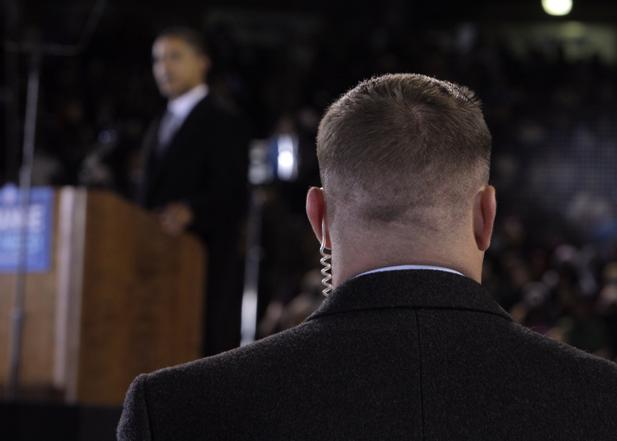
Cartagena (Colombia), April 20: A Secret Service agent preparing for president Obama's arrival at an international summit meeting and a single mother from Colombia who makes a living as a highpriced escort faced off in a room at the Hotel Caribe a week ago over how much he owed her for the previous night's intercourse. "I tell him, 'Baby, my cash money,' " the woman said in her first public comments on a dispute that would soon spiral into a full-blown scandal.
The disagreement over her price - he offered $30 for services she thought they had agreed were worth more than 25 times that - set off a tense early morning quarrel in the hallway of the luxury hotel involving the woman, another prostitute, Colombian police officers arguing on the women's behalf and American federal agents who tried but failed to keep the matter from escalating.
The prostitute described how she and another woman were approached by a group of US men at a discotheque. "They never told me they were with Obama," she said, addressing published reports that some agents may have openly boasted to prostitutes that they were there protecting the president. "They were very discreet."
A taxi driver who picked up the woman at the Hotel Caribe the morning of the encounter said he heard her and another woman recount the dispute over payment.
When approached by a The New York Times reporter , the woman was initially reluctant to speak about what had occurred. A friend gave details that seemed to corroborate her account.
There was a language gap between the woman, 24, and the US man who sat beside her at the bar and eventually invited her to his room.
Not knowing he worked for Obama but figuring he was well-heeled , she asked him for $800.
Secret Service declined to comment on the account, but an American official who has been briefed on the inquiry said details were generally consistent with what agents have said.





Comments
Add new comment